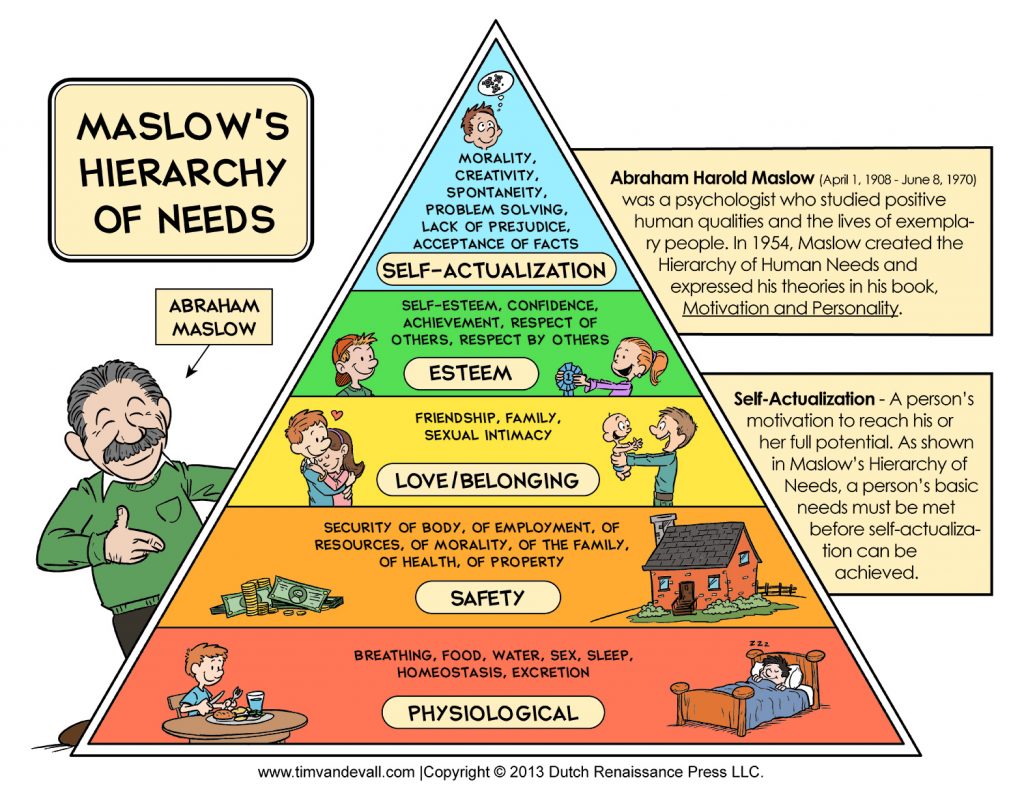The best way to demotivate and threaten your staff in work documentation processes
The purpose of documentation is to ensure a job is done in the absence of staff and also to train new staff. It’s clearly not to take someone’s job while they are still executing that task, unless the person is promoted to a higher role.
Jack’s story
Jack was asked by his line manager to document a task that he does daily. He always delivers the best results in his work and this task is not an exception. He added as much detail as he could, including screenshots and even video recording his screen. He was proud of his achievement and couldn’t wait to show it to his line manager.
He worked on it for a few days and when he had finished it he informed his line manager via email. He didn’t get a response that day, perhaps my line manager might be busy, he thought, which can happen to managers.
The next day he didn’t receive any enquiries about doing the task he had documented carefully in the previous few days. Then a disaster occurred.
This is how Jack thinks at that moment:
It was my fault. I was such an idiot. I documented everything I knew and now someone else is going to take over my job. What if they make me redundant? How am I going to pay my mortgage? How long will it take to find a new job?
Did Jack panic? Yes!
Is it normal or he is overreacting? It is completely normal. You might do worse in the same situation!
Is it his fault? No!
Who is responsible for the way Jack feels? His line manager!
Why? Because he failed to communicate with Jack clearly and explain what is happening. He might have wanted to have the process tested by someone else, which is the right action to take, or he might have decided to delegate this task to someone else, because Jack is capable of doing more complex work.
In any situation, he SHOULD communicate clearly with Jack and ensure he understands that he is doing a good job and his job is safe.
Who should pay for his emotional loss? The organisation! Yes, that’s right.
What really happened?
According to Abraham Maslow’s hierarchy of needs, physiological needs are the most fundamental needs everyone has. Jack’s livelihood has been threatened in this interaction. He believes he might not be able to buy food and keep the roof above his family, as his job may become redundant.
Jack will not fully trust the manager (realistically, organization) after this and may not do his best if asked to write comprehensive processes and document his knowledge in the future. Even after his line manager explains the reason for the delayed reply, there will be a level of mistrust in the relationship.
Abraham Maslow, an American psychologist, created Maslow’s hierarchy of needs. It is a theory of psychological health predicated on fulfilling innate human needs in priority, culminating in self-actualization.

How could we fix the situation?
To be frank, you may not be able to fix the relationship in the short term. You need to be empathic about the situation and give a genuine apology about what happened and tell him you would do the same.
Then describe your overall strategy and explain your future plans. If it was a temporary or permanent action, explain it to him clearly.
Always put yourself in his shoes.
The moral of the story!
From an outsider’s perspective, documentation is about giving away your knowledge and insight. It is a very sensitive time and, as a manager, you should be very careful in this process.
Explain as much as you can about your plan to your staff and always do what you say. They need to make sure you are on their side. It is very similar to when someone is going through a redundancy period. Everyone is giving away something, but, new things come out of both situations. A better system to follow and optimise, or a happier career journey.



